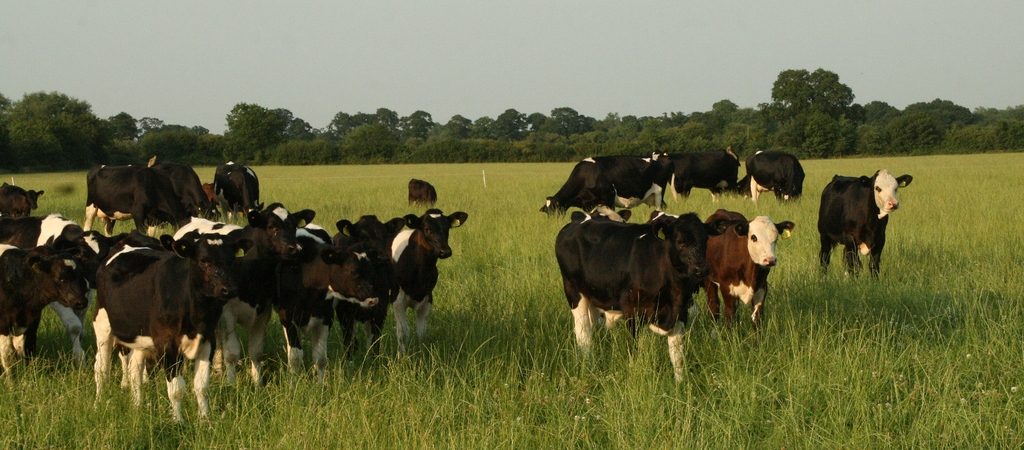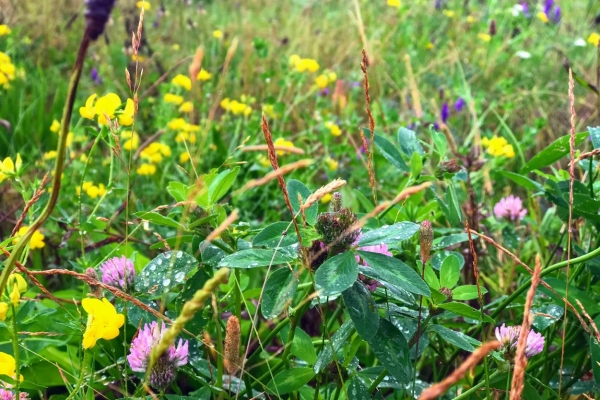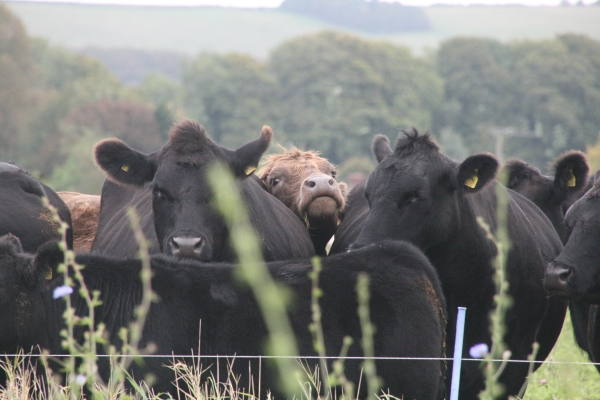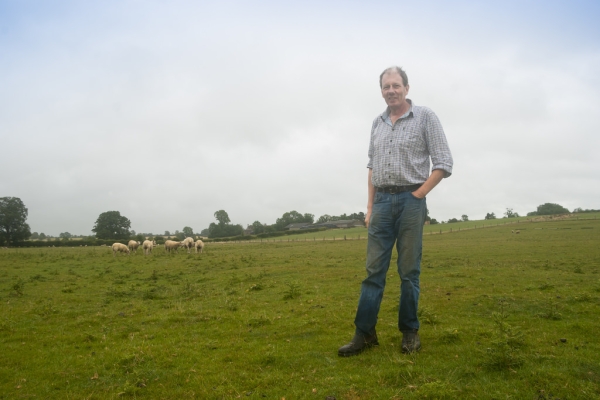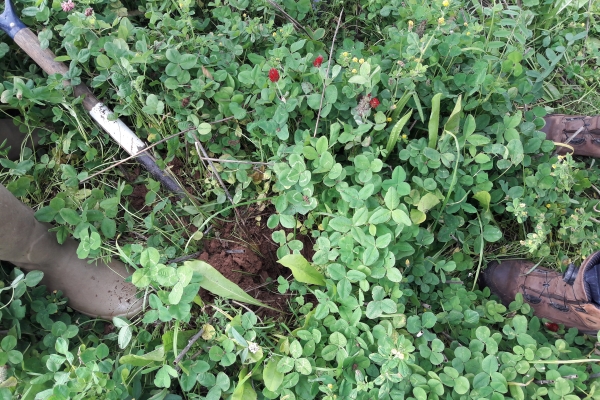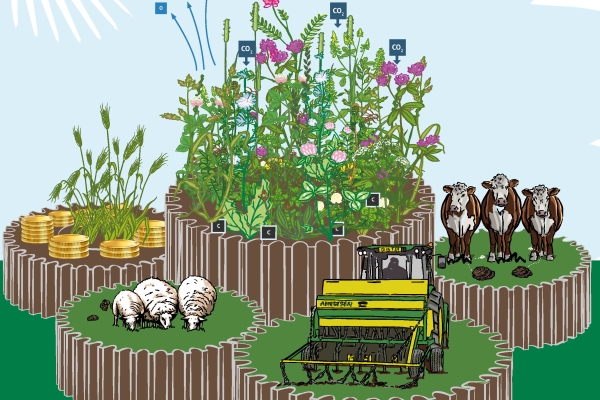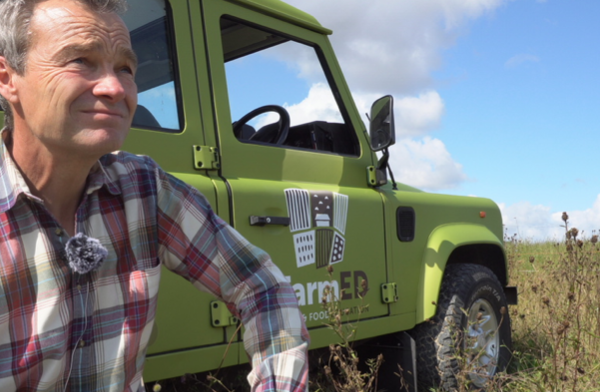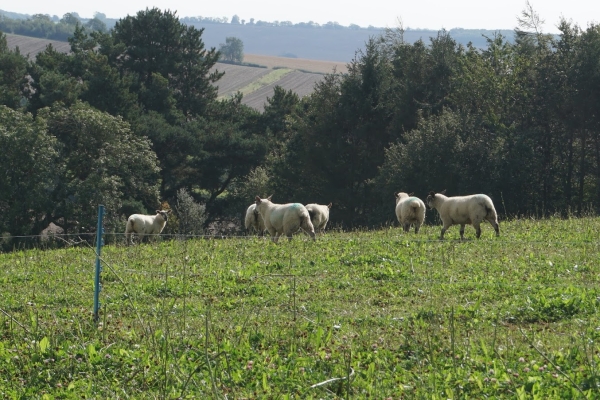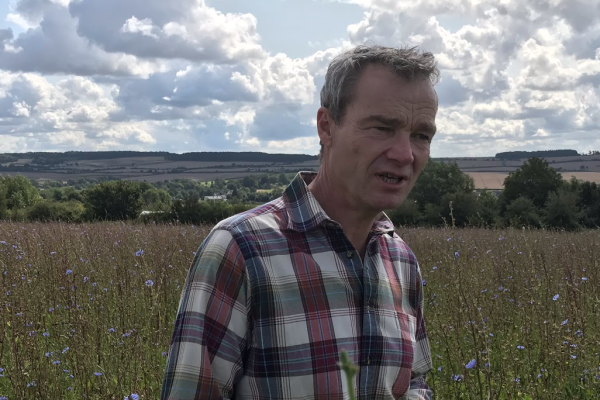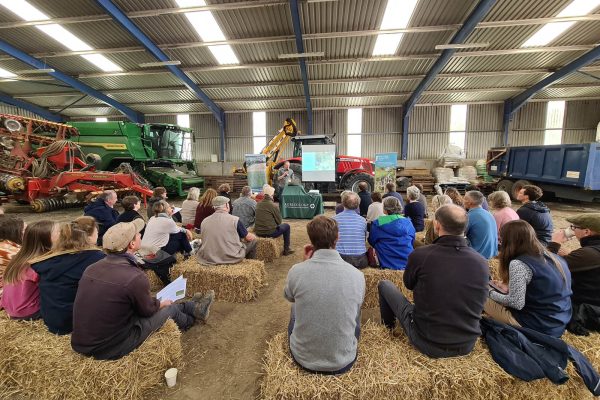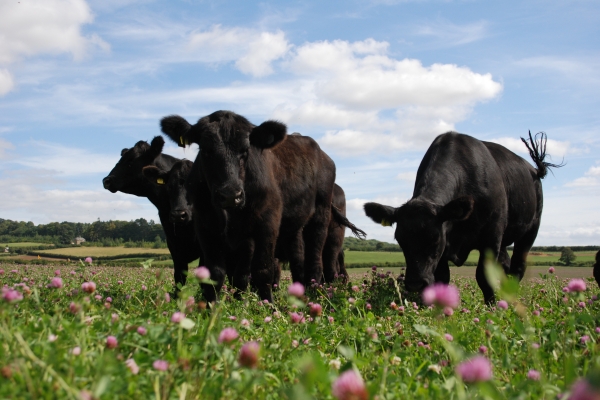Herbal Leys
Resource explained
This article by Ian Wilkinson of Cotswold Seeds describes the diverse benefits of growing herbal leys as forage crops for ruminants including the financial gain of reduced fertiliser, feed and veterinary costs, with improved profit margins. The article covers: Benefits such as improved drought tolerance and nitrogen (N) fixation; the issue of bloat; improved animal health acquired from forage legumes having a higher protein content than ryegrass monoculture and herbal leys containing species higher in micronutrients and with anthelmintic properties (reducing veterinary intervention and creating more efficient reproduction); the importance of a balance of species within a ley; benefits of herbal leys in relation to soil health; and some management issues.
The article outlines the ease of establishing herbal leys, and suggests that despite being initially more expensive to establish than ryegrass/clover leys, the long term benefits outweigh the initial outlay.
Findings & recommendations
- Herbal leys containing at least 30% legumes eliminate the need for artificial N fertiliser.
- Forage legumes have high protein content (20% crude protein in red clover), potentially reducing a reliance on unsustainable imported soya.
- The commonly perceived risk of bloat from clover can be significantly reduced with mixed herbal leys due to the condensed tannins in certain species. These tannins can also increase ovulation rate and lambing percentages in sheep.
- The concentration of micronutrients found in herbs is roughly double that of grasses. Deficiencies of micronutrients can result in loss of livestock production and death.
- Sainfoin, birdsfoot trefoil and chicory are proven anthelmintics.
- A diverse mix of species with varying growth patterns and habits can provide wholesome forage nearly all year round.
- The deep-rooting nature of herbal leys increases drought resistance.
- The combination of the diverse growth habits of species can help improve soil structure, increase organic matter and improve microbacterial activity.
- It is easy to establish herbal leys provided the soil is warm enough and you get the timing and method of sowing right.
- Herbal ley seed mixtures are more costly than ryegrass/clover leys but this initial cost is balanced out by reductions in N fertiliser and protein expenditure and improved health in livestock and soil.
- A herbal ley should be rotationally grazed to get the most from it.
To explore further, view this webinar produced as part of the Innovative Farmers Duchy Future Farming programme, presented by Ian Wilkinson in May 2016, ‘Making the most of herbal leys – a webinar for farmers.’ It looks at using deep-rooting, diverse herbal leys to help combat some of the problems faced on UK farms today.
